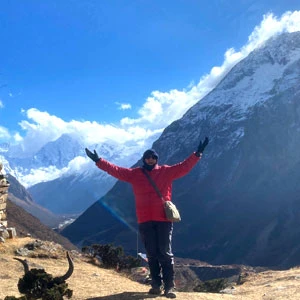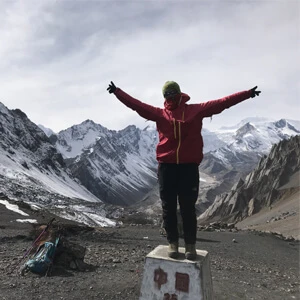404
The page you are looking for might have been removed, had its name changed, or is temporarily unavailable.
Go to HomepageThe page you are looking for might have been removed, had its name changed, or is temporarily unavailable.
Go to HomepageDo you have any questions about the trips? Contact our travel experts in various countries.
Plan Your TripJoin Our Newsletter

